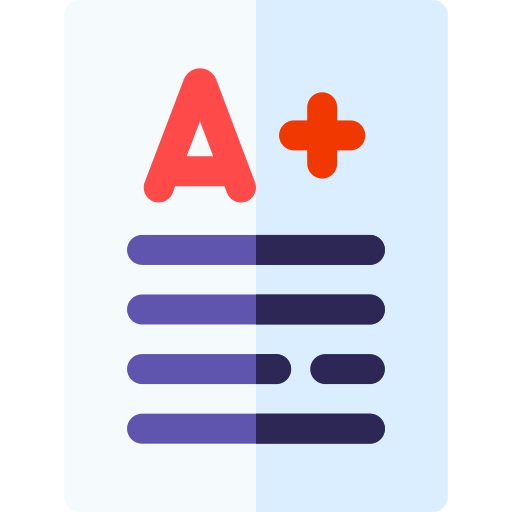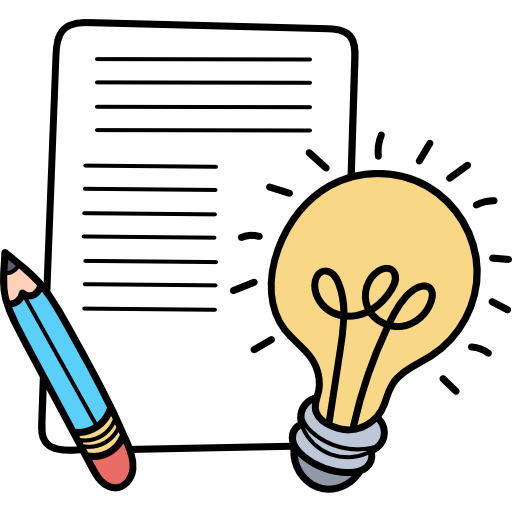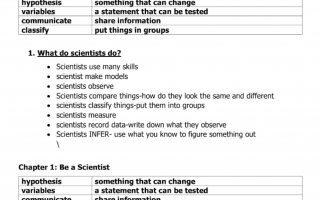CHAPTER SUMMARIES BOOK 1
Chapter 1: Be a Scientist
hypothesis: something that can change
variables :a statement that can be tested
communicate: share information
classify: put things in groups
?What do scientists do
Scientists use many skills
scientist make models
scientists observe
Scientists compare things-how do they look the same and different
scientists classify things-put them into groups
scientists measure
scientists record data-write down what they observe
Scientists INFER- use what you know to figure something out
CHAPTER 2: A Look at Living Things
organism :living things
respond :how living things react
reproduce :make more of one’s own kind
environment :all living and nonliving things that surround an organism
Cells: building blocks of life
Microscope :makes tiny things look larger
?What are living things
living things:
REPRODUCE,
REMOVE WASTE,
RESPOND
TAKE IN NUTRIENTS
NONLIVING THINGS do not do any of this
?What do living things need
food to get energy to live and grow
water
Animals need oxygen
Plants need carbon dioxide
Space- living things need space to grow
?What are living things made of
Living things are made of CELLS
Cells are the building blocks of life
CHAPTER 2: A Look at Living Things
Lesson 2: Plants and Their Parts
Structures: Parts
roots :structures that take in water and nutrients. Hold a plant in place
stem :holds up a plant
leaf: structure where plants make food
Photosynthesis: The process in which plants make food STUDY
THE DIAGRAM ON PAGE 40
Chlorophyll :a substance inside a plant this makes leaves green
?How are plants alike
• All plants can make their own food _PHOTOSYNTHESIS • most plants have the basic structure-roots, stem and leaves
?What are plants
• Plants are organisms that can make their own food
?How do roots and stems help plants
Roots take in water and nutrients
Stems hold a plant up
?Why are leaves important
leaves are where a plant makes food
Plants make food in a process called PHOTOSYNTHEIS
PHOTOSYNTHESIS
sunlight goes into the leaves
carbon dioxide goes into the holes on leaves
Food made inside the leaves goes through the plant
Roots take in water and nutrients
oxygen flows out of the plant
?How can you classify plants
plants are grouped by structures
CHAPTER 2: A Look at Living Things
Lesson 3: Animals and Their Parts
lungs :structures that take in oxygen from the air
Gills: take in oxygen from water
shelter: safe place for animals
?What are animals
animals are living things
animals have certain traits in common
most animals can move- fly, run, jump, swim
? How do animals get what they need
animals have structures that help them get what they need
Some animals have long tongues for lapping water
birds scoop up water in their beaks
Elephants pick up water in their trunks
These same structures help animals get food
Some animals have gills or lungs for breathing oxygen
Some animals breathe through their skin- Worms and Salamanders
How do animals stay safe
They stay in the ground
Groundhogs dig holes
Lizards flatten their bodies and crawl under rocks
some animals live in trees
Some animals have structures that protect their bodies- Porcupines have hard sharp quills
CHAPTER 2: A Look at Living Things
Lesson 4: Classifying Animals
vertebrate
invertebrate
exoskeleton
birds
reptiles
amphibians
fish
Mammal
How can you classify animals
animals can be classified as VETERBRATES- animals that have a backbone
INVERTERBRATES- animals with no backbones
Tigers, dogs gold fish are VETERBRATES
insects’ spiders’ worms and jelly fish are INVERTRBRATES
What are some invertebrates
sponges
worms
sea stars
urchins
jellies
Arthropods- insects’ spiders and lobsters ▪
:Mollusks
soft bodies
some have hard shells
clams, snails and octopuses
Invertebrates have no bones but they have an EXOSKELETON- hard outer covering
What are some vertebrat
birds
reptiles-crocodiles, turtles, snakes
Amphibians- frogs, toads and salamanders
fish -they breathe through gills
What are mammals
mammals are vertebrates with hair or fur
they are born alive
they look after their young
breathe with lungs





